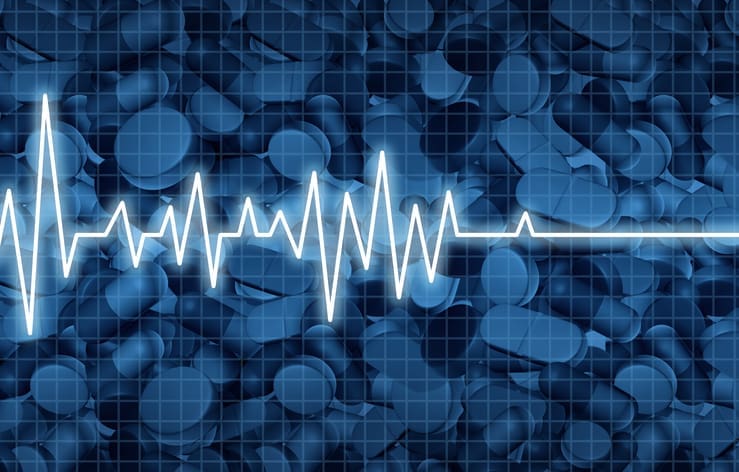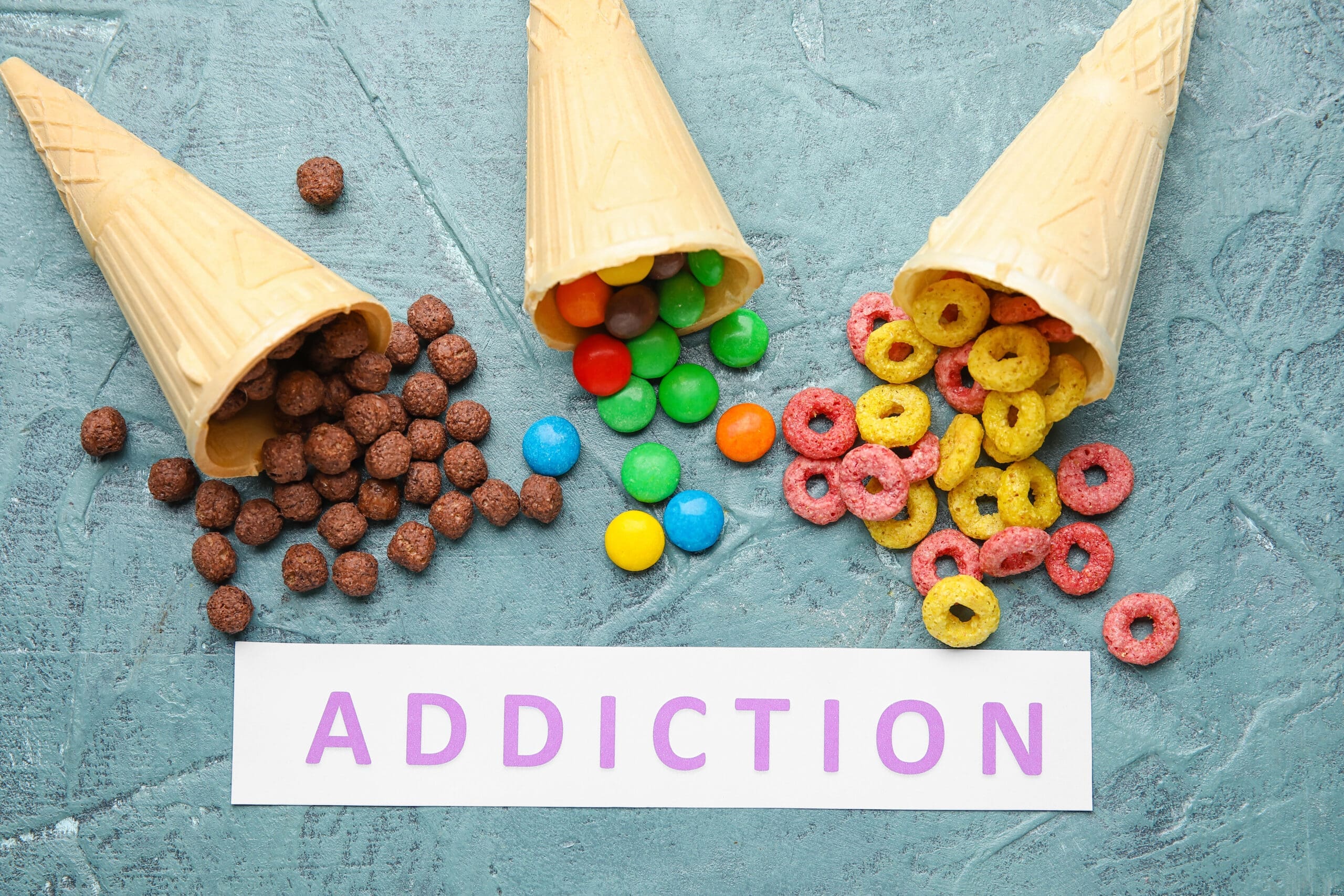When a person is addicted to drugs or alcohol, it often leads to serious physical and mental health conditions. The individual using the substance is consumed by their need to satisfy their craving. They are not concerned by what is happening to their body. But long-term use of any substance, illegal or legal, can slowly destroy the body’s systems, resulting in disability or death.
The Mental Health Risks of Addiction
Alcohol or drug addiction can cause long-term mental health problems. Drugs are psychoactive substances that change the brain’s chemistry. According to the National Institute on Drug Abuse, substance addiction changes the same areas of the brain disrupted in certain mental disorders, such as bipolar or schizophrenia. Substance addiction could awaken the predisposition for mood disorders such as anxiety, depression, paranoia, delusions, hypochondria, and hallucinations.
Additional mental health risks of addiction include:
- Cognitive processing difficulties affecting memory, intelligence, learning, problem-solving, reasoning, and decision-making
- Difficulty with integrating emotions, emotional learning and behavior, and motivation
- An increase in antisocial behaviors, violent tendencies, and aggression
The Physical Health Risks of Addiction
It is important to note that the effects of substance addiction can vary depending on the type of substance used, the amount and frequency of use, the method used to take it, and the individual’s overall health.
Cardiovascular System
Substance addiction affects the cardiovascular system in several ways. It can cause an increase in heart rate and blood pressure, putting a strain on the heart and increasing the risk of heart attack and stroke. Abnormal heart rhythms, called arrhythmias, can occur. Arrhythmias can be dangerous and, in some cases, can lead to sudden cardiac death.
Several additional ways drug or alcohol addiction can affect the cardiovascular system include:
- Damage to the heart muscle called cardiomyopathy, making it difficult for the heart to pump blood effectively
- An increase in the risk of blood clots that block blood flow to the heart and other organs, leading to heart attack, stroke, and other serious complications.
- An inflammation of the inner lining of the heart, called endocarditis, potentially resulting in heart failure
Respiratory System
Long-term alcohol or drug addiction damages the respiratory system, reducing lung function. This makes it difficult for the lungs to absorb oxygen and release carbon dioxide, leading to shortness of breath, chest pain, and exercise intolerance. It also increases the risk of respiratory failure, a life-threatening condition in which the lungs cannot provide enough oxygen to the body.
Certain drugs, such as opioids and heroin, depress the central nervous system, causing breathing to be slow, shallow, or irregular. As breathing continues to slow, oxygen levels lower, resulting in hypoxia and death.
Gastrointestinal (GI) System
Substance addiction leads to gastrointestinal issues that may not seem alarming at first. However, they can rapidly evolve into life-threatening health problems. For example, stomach pain caused by drug or alcohol addiction can be irritating. But, it could also signal problems ranging from a stomach ulcer to internal bleeding.
People with alcohol addiction increase their risk of developing various types of cancer, including many gastrointestinal cancers. Those with an addiction to cocaine or MDMA (ecstasy) increase their risk of ischemia, which occurs when the digestive system’s blood supply is reduced, leading to the death of tissue in the stomach and intestines.
Additional Health Risks of Drug and Alcohol Addiction
People with a substance use disorder have an increased risk of:
- Suicide
- Esophageal, throat, laryngeal, liver, colon, and rectovaginal cancer
- Liver or renal failure, renal toxicity, cirrhosis of the liver, and hepatitis A, B, and C
- Unintentional injuries, accidents, and domestic violence incidents
- Infectious disease, such as HIV, contracted through needle-sharing and risky behavior
- Malnutrition
Are You Struggling with Addiction?
Addiction is not a choice. It is a chronic brain disease that changes how your brain works. It is treatable. Anyone can become addicted to alcohol or drugs. If you or a loved one is struggling with a substance use disorder, help is available. At Anabranch Recovery Center in Terre Haute, IN, our team of caring professionals can help you reclaim control of your life by providing the tools you need for sobriety. We offer a range of programs for your specific needs, including detox, residential treatment, and a family program. Call (888) 909-2415 for help today.




